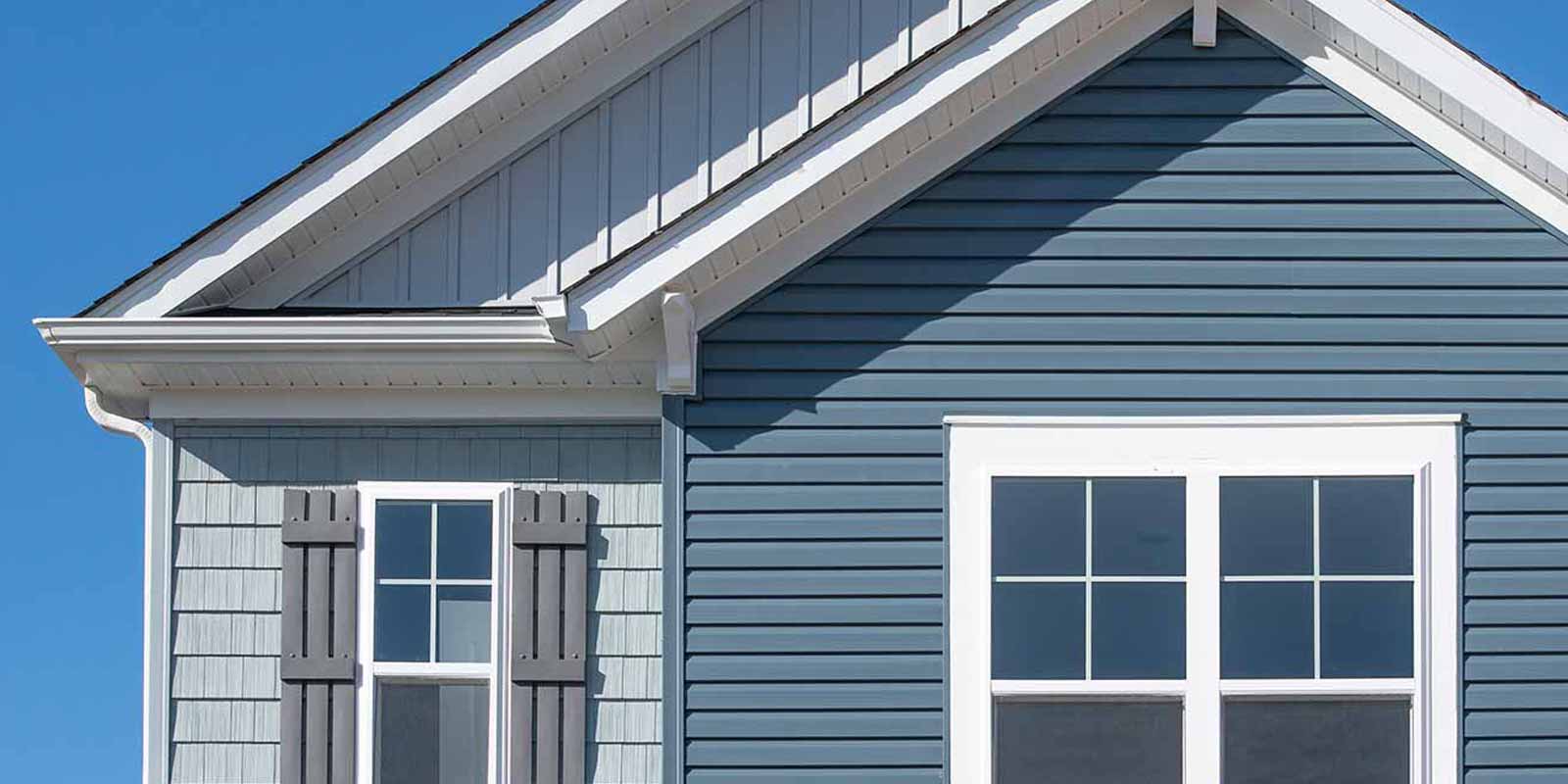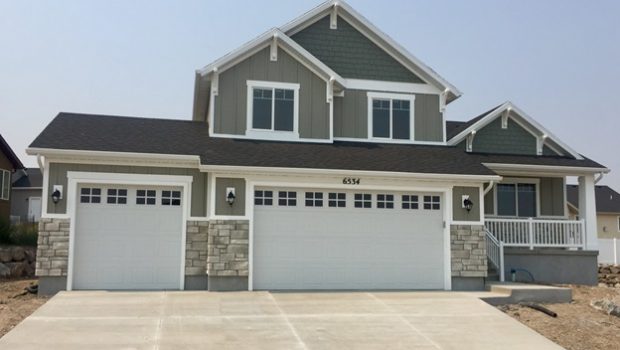If you are looking for property investment that will give your money the best return, then student property might be right up your alley. However, there is more to investing in this kind of real property than meets the eye, so investors need to know exactly what needs attention before getting started.
Are there still opportunities for student property investment?
The answer is most certainly yes. Student property can be an attractive investment for those who would like to make a good return even in difficult times, because it offers 3% extra stamp duty payment and restricted tax allowances which means more money will go into your pocket with each sale of this type of real estate investments.
The data suggests that student properties may become more popular now as opposed to before due their greater yield: they are likely going up when markets fall.
Private investors who purchase student property need to keep an eye on the market. With higher tuition fees, it’s likely that there will be a decline in numbers during future years and this could affect demand for properties as well – especially if only low-quality accommodations meet students’ needs due them being oversubscribed or demanding too much from accommodation providers (i.e., private universities).
Additionally, developers are increasingly competing with these same types of property investment opportunities because many people don’t want just any old place but something specialised like purpose-built blocks where they can live while studying at one institution.
Some of the pros of student property investment are:
- Developers offer 8-10% NET returns for up to 5 years as an incentive, but the yield percentage is typically higher with student accommodation. It’s not uncommon that investors will have their first payment back after just 1 year in exchange for purchasing a new build buy-to-let property from them.
- Properties are usually located in cheaper, inner-city locations. Students flock to these neighbourhoods for more affordable accommodation.
- If you’re in the right area and have a property that’s up for grabs, then there is almost guaranteed demand year after year. Students who rent housing renew their lease each academic year until they graduate.
- While the property is currently worth less than what it was when first purchased, there are still good prospects for price appreciation in future. This is especially true when the surrounding student environment develops over time.
Meanwhile, below are some of the cons of student property investment that you have to realise:
- Property is more prone to wear and tear. This is because unlike having a single-family rent the unit, you accommodate several individuals who use your property in different ways. You may have to allocate funds for repair and maintenance regularly.
- Seasonal gains. Some properties are only used in between the months of September and June. Tenants meanwhile pay reduced or no rent during the summer (since they are students with no regular source of income).
- Extra planning, set-up, and licensing considerations may be required in order to be used for student accommodation.





